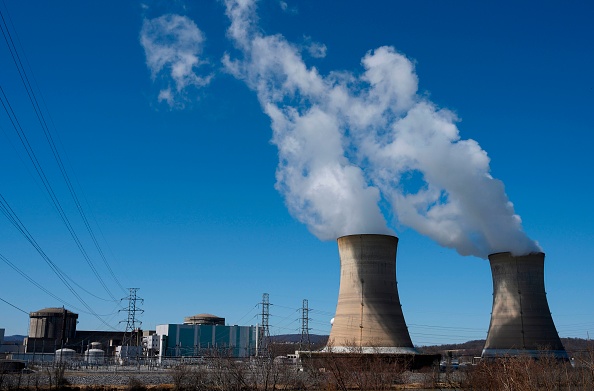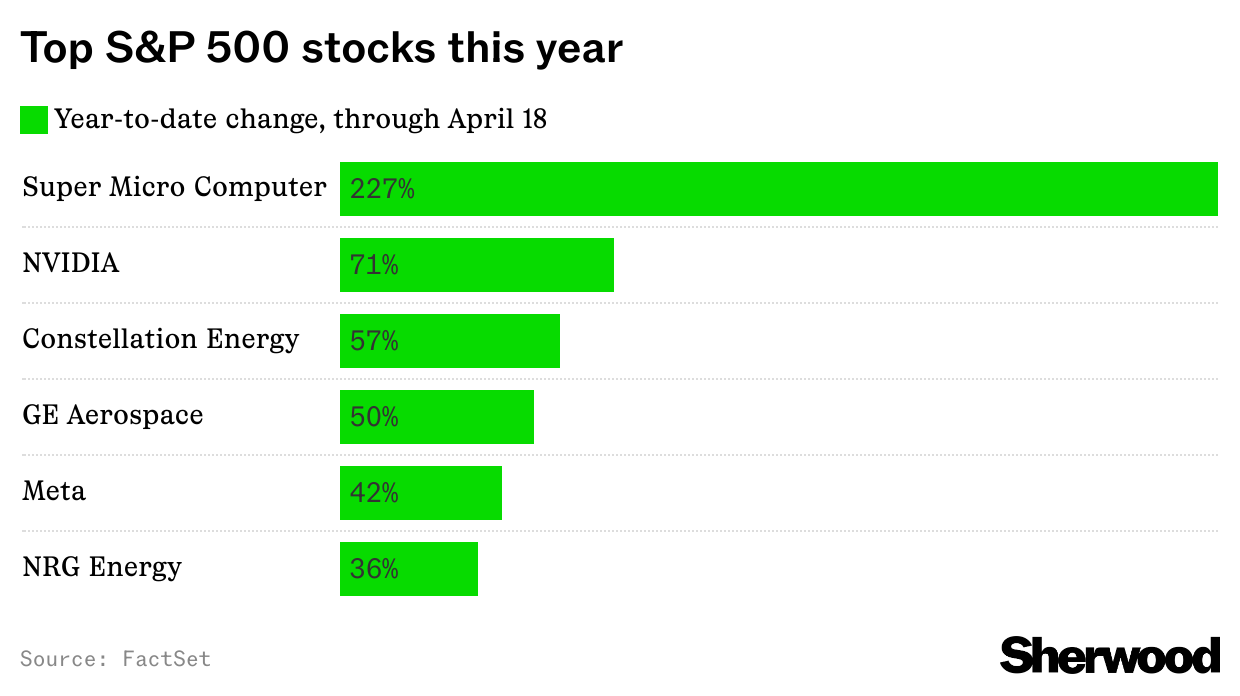Hey Snackers,
To boost its economy, Spain may offer young Spaniards $290/month to move out of their parents’ houses, plus another $462/year to spend on “cultural activities” — except bullfights (for real).
Stocks rose yesterday after lawmakers set aside differences to raise the debt-ceiling through early December and prevent a default. Now all eyes are on the September jobs report, which comes out today.
Hip
Levi’s stock surged thanks to “casualization” and an always-fashionable supply chain
Cotton comeback… High-waisted jeans are in at Levi’s. Levi’s lifted its annual forecasts after last quarter’s sales blew past pre-pandemic levels for the first time. Rising cotton costs have caused shares of retailers like H&M and Gap to fall over the past six months. But Levi’s stock surged 9% yesterday thanks to the denim powerhouse’s strong sales and proactive supply chain.
Casual clothes, serious supply chain… Levi’s is cashing in on denim demand. The overall apparel market has outgrown its pre-pandemic size, and denim sales have grown even faster. Levi’s leaned into the jean-aissance by investing in Levi’s-branded stores and embracing the post-pandemic “casualization” trend (think: baggier fits and yoga-wear). But there’s another secret to Levi’s success: smart supply-chain management. Here’s the skinny:
- Splitting at the seams: The spread of Delta has caused widespread factory shutdowns in Vietnam, where Nike makes half its shoes, Everlane produces 40% of its clothes, and Adidas gets 28% of its kicks. Retailers’ plans unraveled.
- Spread the threads: Levi’s makes only 4% of its products in Vietnam. The rest are made in 24 other countries.
- Never miss a stitch: The supply shortage cost Levi’s just $10M last quarter — out of its $1.5B in sales. Adidas, on the other hand, could lose $600M from supply shortages in the second half of this year alone.
Reliable supply chains never go out of style… but fashion trends come and go. Levi’s sales are booming today because it diversified its supply chain years ago. Levi’s de-risked system ensures no more than 20% of products come from any one country, preventing pipeline wrinkles. In the wake of pandemic factory closures, more companies making everything from shoes to furniture are trying on Levi’s strategy and diversifying their supply chains too.
Swoosh
From Snapchat to StockX: Nike still reigns supreme with Gen Z
King of the sneaks... Nike is officially the No. 1 footwear and apparel brand among teens, according to Piper Sandler’s Gen Z survey. It’s held the top spot in both categories for the past decade. The competition:
- Runner-up: American Eagle took second — the same spot as the past two years. Converse, owned by Nike, came in fourth.
- Big spender: Gen Z makes up nearly half of shoppers in the US and has a whopping $140B in spending power. Nike’s taken note.
Slam-dunk strategy… Thanks to social media (Nike is IG’s most followed brand with 177M fans) and the rise of “sneakerheads,” Nike has shown it's not just the sponsor of your favorite NFL team. For years, it’s been tailoring its products and reach to Gen Z:
- Virtual fits: Since 2019, Fortnite fans have been able to purchase Nike skins and branded clothes for their avatars.
- Resale: 60% of Gen Z males use StockX, a sneaker-bidding marketplace where a rare pair of Jordans can cost $500 or more.
- AR Yoga: Nike’s augmented-reality feature allowed Snapchat and TikTok users to experience everything from yoga to dancing. (Snapchat was teens’ No. 1 social-media app.)
- Gen J’s: This year, NBA player Zion Williamson became the first Gen Z player to design a shoe for Nike’s popular Air Jordan line.
Nike is like the Beyoncé of retail brands… and Gen Z is the music industry. Similar to how Queen B has resonated for decades and across generations, Nike has stayed relevant by reaching young customers where they are and leaning into styles that click. While Fortnite and Snapchat are in today, Nike will need to keep refocusing its strategy as social hubs shift.
What else we’re Snackin’
- Vax: Pfizer asked the FDA to approve its Covid vaccine for kids ages 5 to 11. Approval, which could protect 28M more people, could come by Halloween.
- Pricey: Packaged-food giants like PepsiCo and Conagra are raising the prices of grocery-store staples to keep up with rising labor and transportation costs.
- Toothy: Shares of Smile Direct Club soared 33% over three days this week as retail investors rallied around the stock on Reddit.
- Glossy: Meredith Corp., which publishes magazines like People and Better Homes and Gardens, sold for $2.7B to the NY media giant IAC.
- Gas: Prices of natural gas keep hitting record highs. US prices hit their highest levels in a decade, setting the stage for a pricey winter heating season.
Friday
- September unemployment rate released
ID: 1868094
.png)

